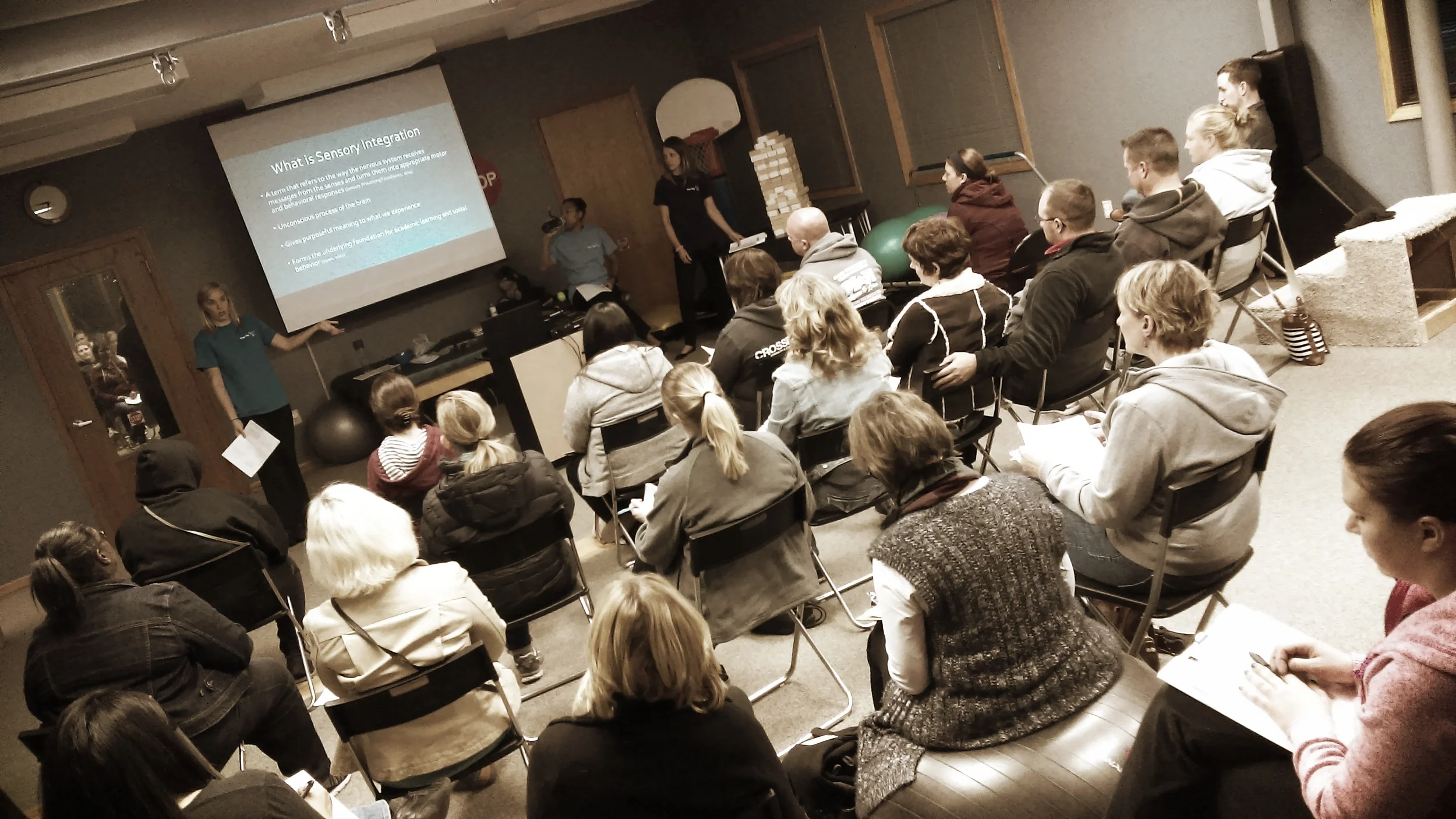Therapy OPS' response to George Floyd's death
/Like so many others, Therapy OPS staff have been processing all of the events this past week, starting with the death of George Floyd on May 25th, 2020. In addition to this past week’s events, we are in the midst of a global pandemic that has caused long-term changes to our daily routines that has disrupted our lives. So many of us have been left with raw emotions; emotional about what has happened but not sure how to express what we feel. And we’ve asked ourselves, if we are struggling to understand and articulate our own personal thoughts and feelings, how difficult is this for parents to articulate these events to our children? As many of us are parents ourselves, we recognize the importance of addressing these recent events and topics such as racism and inequality with our children. Below we have included several resources that may be beneficial for families who are having these challenging conversations (or hoping to start them) with their children. Further, Therapy OPS has ordered several of the books included below and plan to offer a lending library once they arrive.
Are kids too young to talk about race? Milestones and facts when it comes to children and race.
Book Resources
Read Brightly Website - Books to spark conversations
Embrace Race Website - Parent, Picture, Middle School, and Young Adult Books
Motherly Website - Books to spark conversation
Tips From Experts When Talking to Your Kids About Racism and the Protests
1. Tell the truth. "You say their names -- George Floyd, Ahmaud Arbery, Breonna Taylor, all black people. One was being arrested. One was jogging. The other one was killed by the police [in her home]. We use those words and say that the protests are happening because [people] want justice, they want change and there are peaceful ways to do that. It’s an opportunity to teach, when you have conflict, how to speak up and do the right thing instead of inflicting more pain."
2. Celebrate the differences. "You can point out the differences in skin color, hair texture, things that our kids know anyway. . . . We need to celebrate differences and we also need to point out that we can come together and make a difference and it has to be that way. Black people cannot be the only ones teaching Americans about racism. It’s a combined effort."
3. Set the example as parents. "Look at mommy-and-me get togethers. You look at playdates. People need to look around and think, How diverse are those playdates? As important as it is to talk about racism, our children are not born racists. That is something that develops based on what they hear, what they see. It’s really important to teach our children as early as possible to be allies, to stand side by side with their classmates. Stand side by side by your playmates. Speak up when you see someone who is not involved or not invited to a birthday party and to support. We can teach that at birth by examples as parents."

